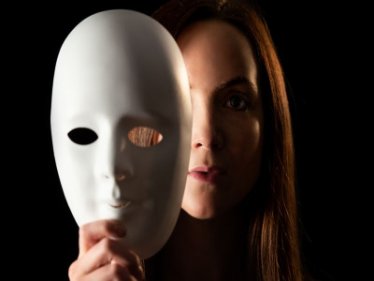Margarethe (Faust) - Schedule, Program & Tickets
Margarethe (Faust)
Concert performance / libretto by Jules Barbier and Michel Carré based on Carré's drame fantastique “Faust et Marguerite” and Johann Wolfgang von Goethe's “Faust. The first part of the tragedy “/ In French with German surtitles
"Rien." Nothing. Charles Gounod's opera based on Goethe's “Faust I” begins with this monosyllabic sigh of the protagonist. Faust is disappointed in life. He understood nothing, achieved nothing! The only hope that remains for him is that death could give him peace from the pressing questions. But just as Faust wants to free himself from his torments, he is made a devilishly tempting offer: Mephisto promises Faust the fulfillment of his wish to relive the careless passions and intoxicating joys of youth. The sight of Margaret inflames Faust's feelings, and Mephisto goes to work ...
Gounod's “Faust” owes its world fame not only to the abundance of beautiful and catchy melodies, but also to a large extent to the cleverly arranged libretto, which is as typically French in its character as the music. A new type of opera emerged from the happy mixture of the various stylistic elements: the Opéra lyrique, in which the lyrical-sentimental predominates, but also expresses the popular and the humor.
Instead of the metaphysical dimensions in Goethe's work, Charles Gounod devotes himself entirely to the individual interpretation of the soul with catchy tunes such as the “jewel aria”, which is brilliant in the truest sense of the word.
Charles Gounod (1818-1893) was a long church musician in Paris. He actually wanted to become a cleric and therefore studied theology for two years, after all he concentrated on composing. Religion remained a central issue for him. In addition to operas, he wrote a lot of sacred music: oratorios, over a dozen masses, a requiem and his famous “Ave Maria”.
Camille Saint-Saëns writes in an essay about the opera that it is the culmination of Gounod's oeuvre. Music director Leslie Suganandarajah developed Gounod's “Faust”, which became known in Germany under the title “Margarethe”, with the opera ensemble and the Mozarteum orchestra as a concert performance in the state theater.
Subject to changes.
"Rien." Nothing. Charles Gounod's opera based on Goethe's “Faust I” begins with this monosyllabic sigh of the protagonist. Faust is disappointed in life. He understood nothing, achieved nothing! The only hope that remains for him is that death could give him peace from the pressing questions. But just as Faust wants to free himself from his torments, he is made a devilishly tempting offer: Mephisto promises Faust the fulfillment of his wish to relive the careless passions and intoxicating joys of youth. The sight of Margaret inflames Faust's feelings, and Mephisto goes to work ...
Gounod's “Faust” owes its world fame not only to the abundance of beautiful and catchy melodies, but also to a large extent to the cleverly arranged libretto, which is as typically French in its character as the music. A new type of opera emerged from the happy mixture of the various stylistic elements: the Opéra lyrique, in which the lyrical-sentimental predominates, but also expresses the popular and the humor.
Instead of the metaphysical dimensions in Goethe's work, Charles Gounod devotes himself entirely to the individual interpretation of the soul with catchy tunes such as the “jewel aria”, which is brilliant in the truest sense of the word.
Charles Gounod (1818-1893) was a long church musician in Paris. He actually wanted to become a cleric and therefore studied theology for two years, after all he concentrated on composing. Religion remained a central issue for him. In addition to operas, he wrote a lot of sacred music: oratorios, over a dozen masses, a requiem and his famous “Ave Maria”.
Camille Saint-Saëns writes in an essay about the opera that it is the culmination of Gounod's oeuvre. Music director Leslie Suganandarajah developed Gounod's “Faust”, which became known in Germany under the title “Margarethe”, with the opera ensemble and the Mozarteum orchestra as a concert performance in the state theater.
Subject to changes.
There are no products matching the selection.






